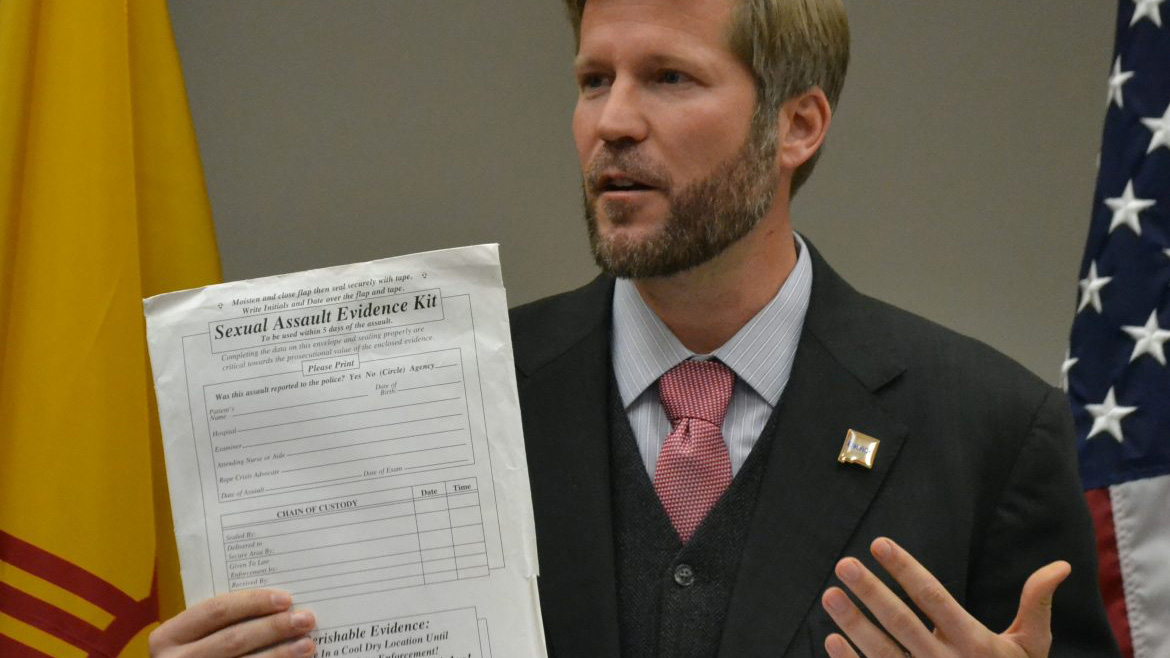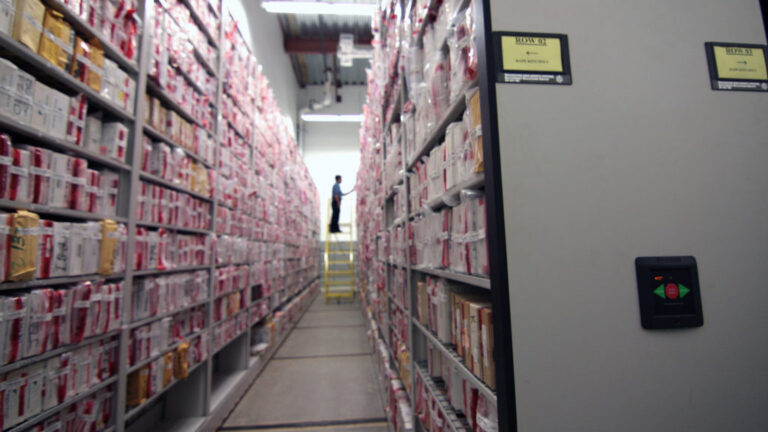Testing The Backlog
Under Keller, Rape Kits To Be Processed


There are thousands of untested rape kits in Albuquerque
Affinity Magazine
Latest Article|September 3, 2020|Free
::Making Grown Men Cry Since 1992


There are thousands of untested rape kits in Albuquerque
Affinity Magazine

